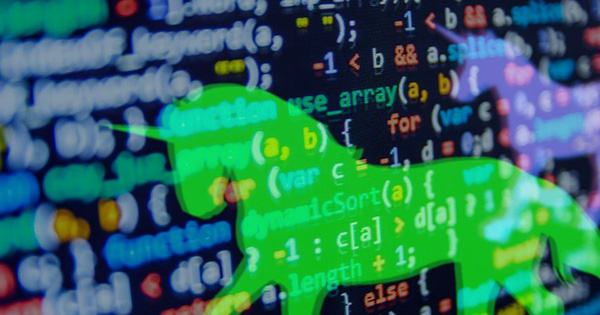As online grocers around the world pull in big investments, they realize how much they have grown – especially in the last years of epidemic life. In the latest development, Kurley – a South Korean startup that provides grocery delivery services across the country the next day – has cut off $200 million in funding, valued at $2.2 billion for a Series F company, the company confirmed. This means the company’s valuation has more than doubled in the last year. Last April, Curley closed a $150 million Series E with a valuation of $ 780 million.
The latest round is co-led by Aspex Management, DST Global, Sequoia Capital China and Hillhouse Capital – all new backers of the company, including new investors Millennium Management and CJ Logistics Corporation. CJ Logistics is a strategic supporter: it has an agreement with Curry to help expand overnight delivery services to more regions across South Korea. This latest fund has come at the top of important U-turns for business in recent days.

Curley planned to have an IPO in the United States later this year; instead it announced this week that it would instead try to list on its own market. “Kurley looked for alternatives to both foreign and domestic IPOs. In a statement to the Korea Economic Daily, “After reviewing in detail conditions such as domestic and foreign business models and stock market conditions, Kurli has decided to proceed with the initial public offering on the Korean stock market.” Some have reported that the rocky start of Chinese transport giant Didi’s as a public entity on the NYSE this month has put Curie on the performance of Asian companies on U.S. exchanges at the moment.
Others reported that the company faced problems with some existing private backers seeking cash, which raised concerns about the company’s growth prospects – which could accelerate the IPO and put more pressure on the company to deliver better returns. It’s worth noting that Kupang, Curie’s much-bigger on the NYSE, traded on the U.S. market after it went public earlier this year. Its market cap is currently just under $70 billion and so it could invite unfavorable comparisons.
















